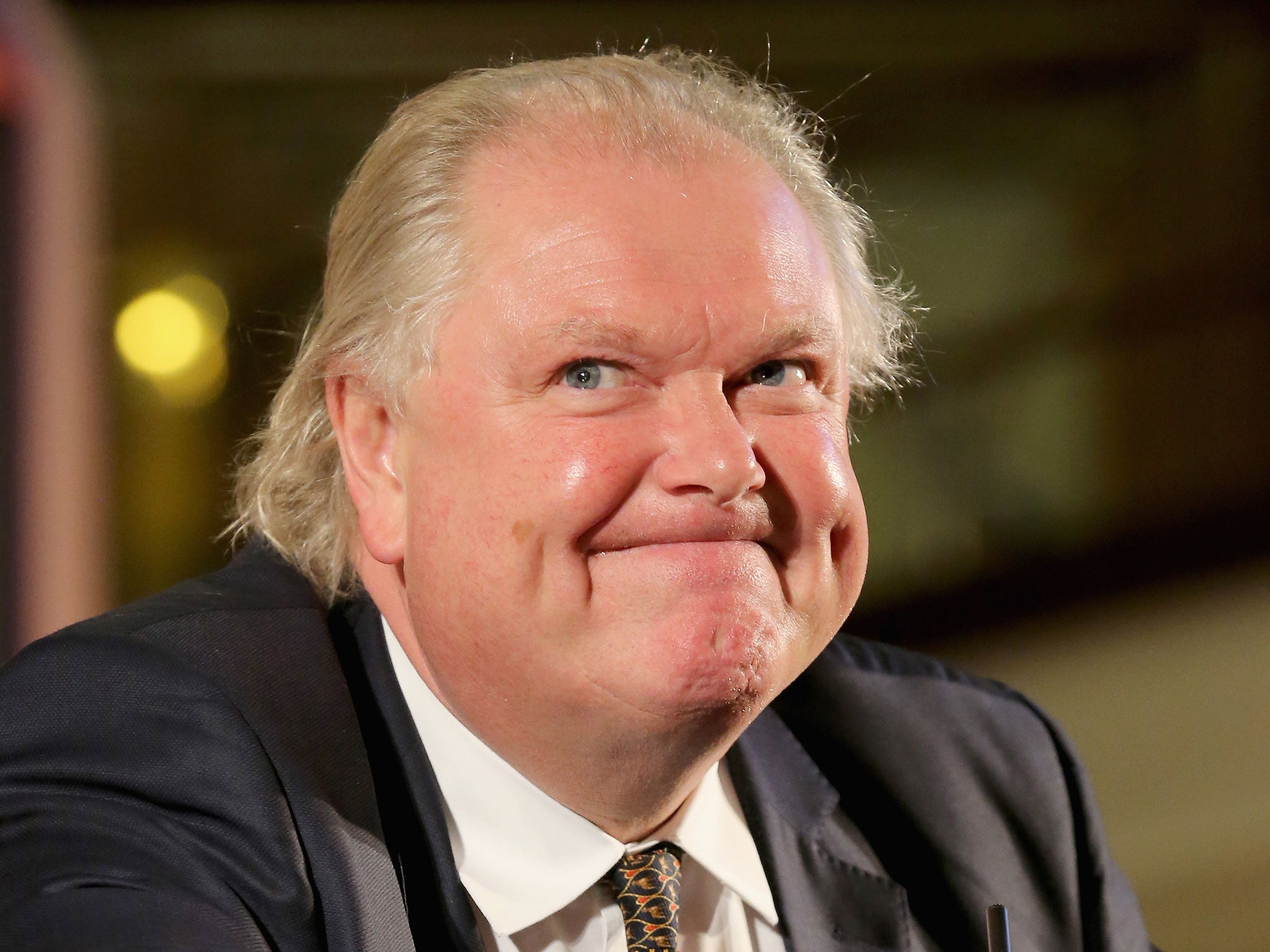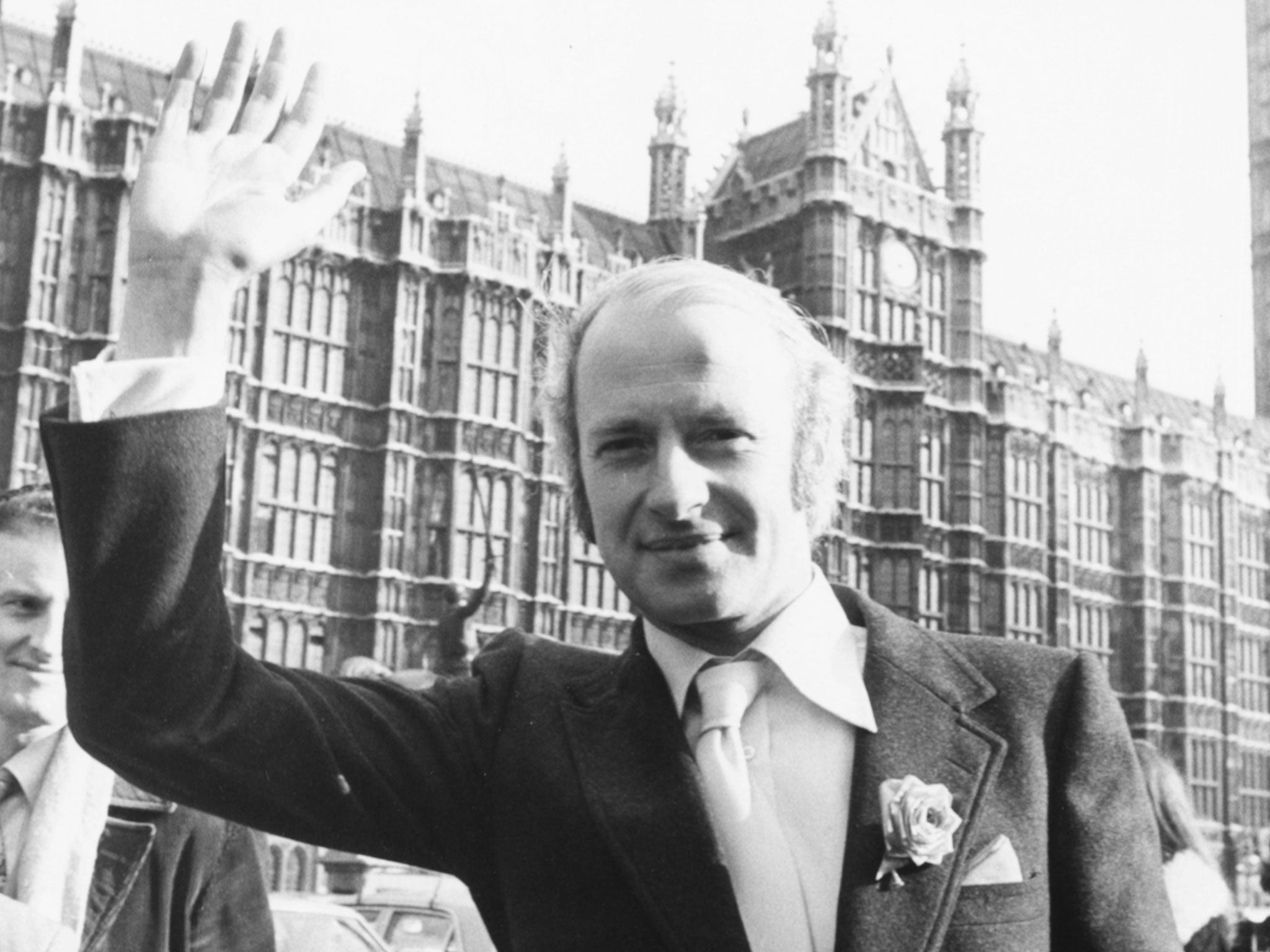Reclusive millionaire to fund disaffected MPs in the next general election
Exclusive: Disaffected MPs will be able to apply for a £6.5m fund if they stand as independents

Disaffected Labour MPs – along with Tories left isolated by their party’s split over Europe – will be able to apply for financial backing from a new £6.5 million fund if they stand as independents at the next general election.
With Blairite MPs increasingly worried about their future prospects under Jeremy Corbyn, and Conservatives in the Commons forecasting bitter divisions to follow June’s EU referendum, a new pressure group, the Charter for a Free Parliament (CFP), plans to hold “primary” elections for independent candidates in every UK constituency.
The primaries will be open to anyone, including sitting MPs who have been deselected by, or chosen to leave, their current parties. The winners will have their campaign costs underwritten.
A reclusive Scottish multi-millionaire industrialist, regarded as being on the right of UK politics, is the main money man behind the ambitious scheme to give £10,000 to 600 independents to fund an effective challenge to mainstream candidates in every constituency.
He is understood to want to keep a low profile until the CFP is formally launched next month, although other business figures have also agreed to help fully fund the project.
Lord Digby Jones, a former trade and investment minister in Gordon Brown’s government, has given the CFP his backing, claiming it will “raise the level” of public debate and “highlight something rotten at the centre of our democratic system.”
Lord Jones, a former director general of the Confederation of British Industry (CBI), claimed the project will encourage voters to select their MP by ability, rather than just political affiliation.
“There are hundreds of constituencies across the UK where you could put up a sheep in red or blue and it would get in. This is a first step to ending such a state of affairs, “ he said.
The co-founder and campaign director, Martyn Greene, told The Independent “Most MPs enter parliament with the intention of implementing positive reforms. The more talented and well-intentioned they are, the more frustrated they end up. Their primary duty is to their constituents, but few dare defy party whips.”
There are currently no independent MPs in the House of Commons, but it is hoped that the growing public dissatisfaction with Westminster politics, and the bitter divisons within the two biggest parties, could encourage high-profile figures to stand as independents in 2020.
The full-scale abandonment of Blairite principles in a Labour manifesto driven by Mr Corbyn’s supporters, could see centre-leaning Labour MPs either abandon ship, or be pushed out in brutal de-selection battles.
Equally, the emotionally-charged and now open-wound debate in Conservative ranks over Europe, will inevitably lead to some Tory MPs unable to remain loyal to whoever leads the party into the next general election.
Previous attempts to unify the political power of ‘independent’ voices have failed – including the ‘Independent Network’ founded by the former BBC award-winning reporter, Martin Bell. Known as the “man in the white suit”, he represented Tatton as an independent between 1997 and 2001.
Both Labour and the Liberal Democrats withdrew their candidates in the 1997 poll in a plan directed by the former Number 10 spin-doctor, Alastair Campbell.
Mr Bell stood as an independent again in 2001, but did not win.
Under the CFP plan, each UK constituency will select a maximum of six would-be independent candidates who will take party in a US-style “primary” contest.
The online voting platforms, Vote-England and Vote-Scotland, will help facilitate the contests.
All applicants, regardless of previous party affiliations, will have to sign up the “code of conduct” for elected representatives that were drawn up by Mr Bell’s Independent Network in 2009.
These include the ‘Nolan Principles’ of selflessness, integrity, openness and accountability, as well as a promise to be guided by considered evidence, freedom from the control of any political party, making transparent decisions, resisting abuses of power and patronage, and allowing the public open access to expenses and other costs.
Those who take part in the primary contests must agree not to stand against the eventual winner. All candidates will be asked to help crowd-fund the winner who will fight the seat.
Mr Greene, who said the electorate were often reduced to listening to “snake oil salesman”, promised : “Our campaign is about making sure that the views and aspirations of the electorate are woven into the fabric of parliament rather than being used for point scoring or electoral bribery.”
Lord Jones, who will be the central political figure at the CFP launch in mid-April, said : “Advisers come straight to Westminster from university; they are often selected for a constituency they know little about; they do what the whips tell them, and one day they become a cabinet minister. They’ve done nothing other than operate in the goldfish bowl of Westminster.”
Famous independents
Martin Bell

After an award-winning career as a foreign correspondent for the BBC, covering wars from Vietnam to the Middle East and Northern Ireland, Bell was seriously wounded by shrapnel while reporting from Bosnia. In 1997 he left the corporation, and stood against resident Tory MP, Neil Hamilton, as the “anti-sleaze” candidate in Tatton, Cheshire. And won. The Channel Four drama, Mr White Goes to Westminster, was based on his political career.
Dr Richard Taylor
As a hospital doctor, Richard Taylor worked as a registrar in London, and later as a consultant at Kidderminster General. His close association with the hospital included being chairman of its league of friends, and serving on the committee set up to save key departments. In 2001 he stood for parliament on the sole ticket of restoring the threatened accident & emergency unit. He defeated the junior Labour minister, David Lock, and was re-elected again in 2005. He stood again in 2015, but came fourth. The closed A&E department was never re-opened.
Dick Taverne

In the 1970s, Taverne was a Labour MP and served as a Treasury minister. But he became unhappy at the way his party was progressing in opposition to Ted Heath’s Conservative administration. He resigned his seat, forced a by-election, and stood as an independent candidate. And won. The victory was brief. He lost at the 1974 general election. His success however showed there was an electoral appetite beyond the two main parties – and idea that helped shape the birth of the SDP in 1981. Taverne joined the Liberal Democrats after the Liberals merged with the new party. He was made a peer in 1996, sitting in the Lords as a Liberal Democrat.
Join our commenting forum
Join thought-provoking conversations, follow other Independent readers and see their replies
Comments